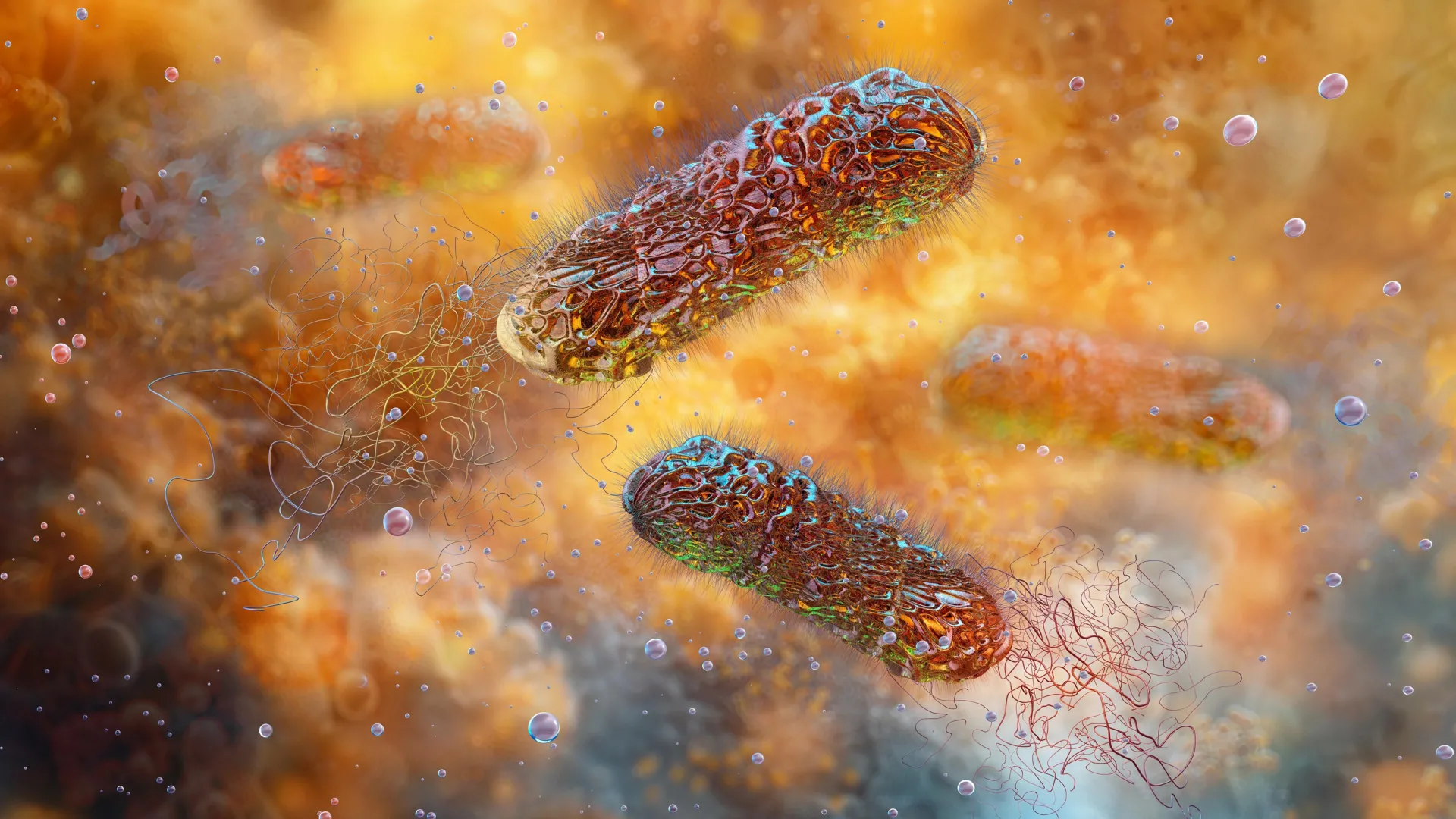Nanotech transforms vinegar into a lifesaving superbug killer
Scientists have developed a groundbreaking treatment that supercharges ordinary vinegar to help wounds heal faster and fight off infection.
- Date:
- October 6, 2025
- Source:
- The University of Bergen
- Summary:
- Researchers have enhanced vinegar’s antibacterial properties by infusing it with cobalt-based carbon nanoparticles. This nano-boosted solution kills harmful bacteria from both inside and outside their cells while remaining safe for humans. Tests on mice showed it healed infected wounds effectively. The discovery could be a breakthrough against antibiotic-resistant infections worldwide.
- Share:

Persistent wounds that fail to heal are often caused by bacterial infections, posing a serious risk to older adults and individuals living with conditions such as diabetes, cancer, or immune deficiencies. When bacteria invade damaged tissue, the healing process slows dramatically, sometimes leading to life-threatening complications.
Acetic acid (commonly known as vinegar) has been valued for centuries as a simple, natural disinfectant. However, while it can kill some forms of bacteria, traditional vinegar is largely ineffective against more resilient and dangerous strains that cause chronic infections.
Boosting Vinegar's Power With Nanotechnology
A team of scientists from the University of Bergen in Norway, QIMR Berghofer, and Flinders University in Australia has discovered a way to greatly enhance vinegar's natural antibacterial power. Their method uses antimicrobial nanoparticles made from carbon and cobalt, which amplify vinegar's ability to kill harmful microbes. The findings were recently published in the scientific journal ACS Nano.
Molecular biologists Dr. Adam Truskewycz and Professor Nils Halberg found that when these nanoparticles were combined with weak vinegar, they could destroy several harmful bacterial species far more effectively than vinegar alone.
A New Type of Antimicrobial Treatment
In their experiments, the researchers created a new mixture by adding cobalt-based carbon quantum dot nanoparticles to diluted acetic acid (vinegar). This enhanced solution successfully targeted dangerous, drug-resistant bacteria such as Staphylococcus aureus, Escherichia coli (E. coli), and Enterococcus faecalis, all of which are known to cause stubborn or hospital-acquired infections.
Dr. Truskewycz explained that vinegar's natural acidity helps bacterial cells swell, allowing the nanoparticles to penetrate more easily.
"Once exposed, the nanoparticles appear to attack dangerous bacteria from both inside the bacterial cell and also on its surface, causing them to burst. Importantly, this approach is non-toxic to human cells and was shown to remove bacterial infections from mice wounds without affecting healing," he said.
A Potential Breakthrough for Wound Healing and Infection Control
This vinegar-based nanotech treatment could offer a powerful new weapon in the global fight against antimicrobial resistance, which is linked to an estimated 4.5 million infection-related deaths each year. Its ability to safely eliminate bacteria while supporting the body's natural healing process makes it especially promising for chronic wound care.
Professor Halberg noted that the research highlights how nanoparticles can strengthen existing antimicrobial methods.
"Combination treatments such as the ones highlighted in this study may help to curb antimicrobial resistance. Given this issue can kill up to 5 million people each year, it's vital we look to find new ways of killing pathogens like viruses, bacteria and fungi or parasites," he said.
Story Source:
Materials provided by The University of Bergen. Note: Content may be edited for style and length.
Journal Reference:
- Adam Truskewycz, Benedict Choi, Line Pedersen, Jianhua Han, Melanie MacGregor, Nils Halberg. Cobalt-Doped Carbon Quantum Dots Work Synergistically with Weak Acetic Acid to Eliminate Antimicrobial-Resistant Bacterial Infections. ACS Nano, 2025; 19 (37): 33103 DOI: 10.1021/acsnano.5c03108
Cite This Page: